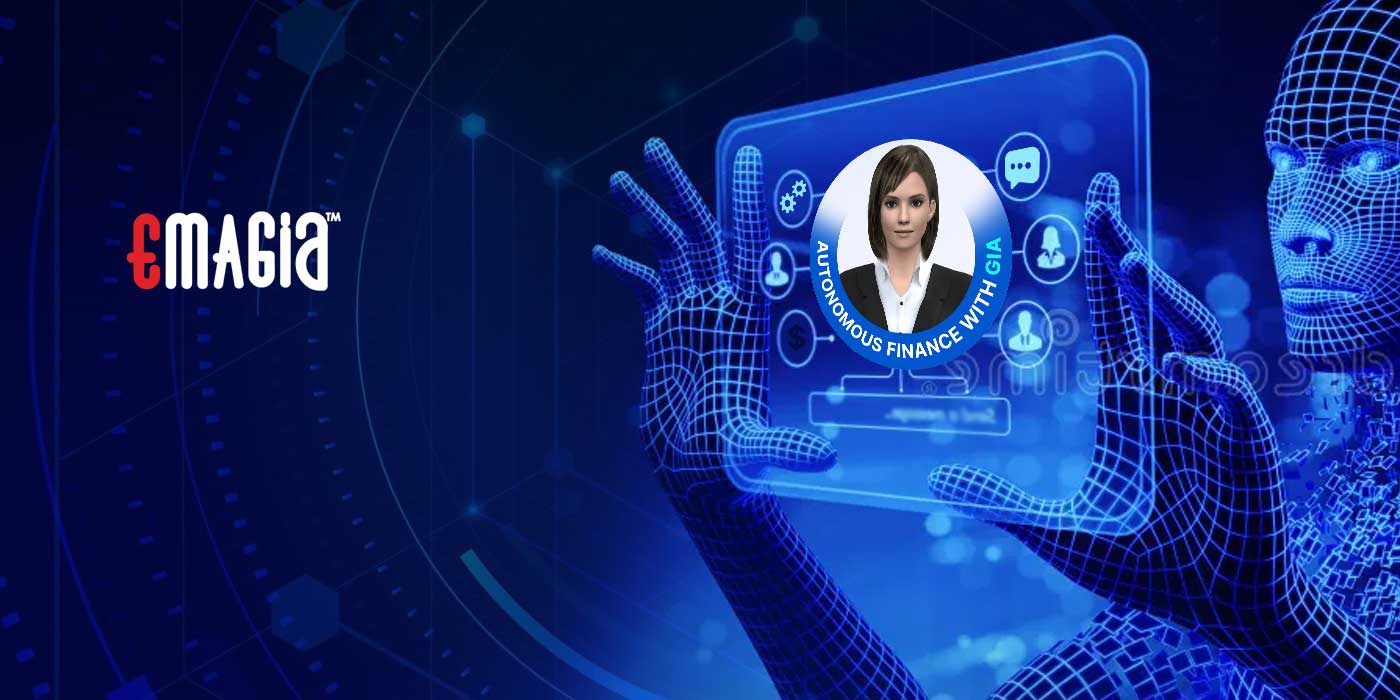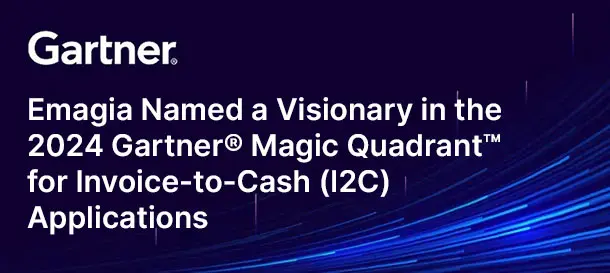Editor’s Note: Thank you for joining for part four of four in our “Beyond ChatGPT” blog series. If you’ve missed the previous installments in this series, click one of the following links to review this critically important content.
The increasing use of generative AI (GenAI) – a key technology driving the exponential transformation of finance and business landscapes – is drastically changing the receivable collection tasks, making a greater impact on the cash flow and therefore the health of organizations.
Gen AI presents a unique opportunity for CFOs, treasury leaders, senior-level credit professionals, and sales and business heads to leverage its power to address complex financial challenges. This includes streamlining collection and receivable management processes. As the new digital world opens up in front of us, it is imperative that finance departments explore the transformative capabilities of generative AI to remain competitive and future-ready.
KPMG in a report named ‘ Gen AI for Finance Leaders’ has noted that one of the top use cases of GenAI is its capacity to analyze large volumes of data to learn patterns and trends of accounts receivable aging and delinquency rates. Similarly, Gartner analysts examined 23 AI use cases in corporate finance representing the types of processes a forward-looking autonomous finance organization will work on. Cash collections is positioned prominently among the top use cases that are ranked according to their business value and feasibility of implementation in the study.
Understanding the Challenges in the Current Receivable Collection Landscape
Receivables management is an aspect of the financial ecosystem critical for the well-being of the business as a whole. The process poses many challenges for the finance teams and the business in its cash flow management. Until recently, the receivable management and collection process has been largely manual. This can cause inefficiencies, delays, disputes, and other persistent problems. Practices such as calling the accounts payable team of the customers and sending reminders through emails (or snail-mail letters) are time-consuming and, typically, error-prone. As such, the existing collection needs more personalization leading to reduced effectiveness in collection and a potential negative impact on customer relationships.
The adoption of technologies including AI, machine learning algorithms, data analytics, and customer segmentation enables receivables teams to streamline the process and help tailor their communication strategies to individual customer accounts. This increases the likelihood of timely collection. As the industry and technologies continue to evolve, receivables collection teams must embrace these changes to optimize collection and build stronger customer relationships.
The Rise of Artificial Intelligence in Finance including Collection Process
AI is altering the face of finance functions across industries globally. Ranging from risk management to customer service, billing, and collection, to cash application, AI’s role in modern finance is increasingly becoming crucial. Machine learning, with its powerful capacities to learn from patterns and make predictive decisions, enables AI to offer ways to increase efficiency and reduce the burden of manual processes. Its ability to analyze vast amounts of data and make intelligent decisions – increasingly so with time – has revolutionized the way finance teams operate in businesses.
From automating repetitive tasks to providing valuable customer insights, AI has already become an indispensable tool for modern finance for forward-looking financial leaders and companies on the cutting edge. Furthermore, AI is transforming risk management, credit approvals, forecasting and budgeting, and analytics that provide rapid and accurate insights – These improved insights only empower leadership like CEOs and CFOs to make faster, bolder, more informed decisions at the right time, in real time.
Generative AI: A Game Changer for Receivable Collection
Generative AI refers to using AI technologies to create new content or outcomes in different formats. The tools powered by machine learning techniques can analyze and learn from existing data, and then generate new data and content based on this learning. Popular examples of generative AI include Google’s DeepDream project or OpenAI’s GPT-3 text-generation engine.
Generative AI, a subset of artificial intelligence, has emerged as a significant game changer in many fields including the receivable collection function. This technology can generate new content and predictive results based on the data fed into it and the learning from trends, enabling improvements in efficiencies and cost savings. The accounts receivable collection process is already seeing a rapid transformation in its approach and its customer relationship – one that will only continue and escalate – with the adoption of GenAI technology.
Companies that aren’t using GenAI at this point in the vast majority of cases have a director competitor that does.
How Generative AI Can Improve Receivable Collection?
By harnessing Generative AI, receivables teams can create personalized, automated communications with the payable teams of the customers. This approach can significantly improve collection rates and response times by tailoring communication based on customer preferences and behaviors. Furthermore, it can reduce human errors and bottlenecks, contributing to a more streamlined, efficient process.
Driving Improved Collection
The GenAI-powered virtual agents have the capability to perform receivable collection tasks more efficiently, and accurately, and provide personalized interactions and relentless follow-ups without the need for rest or breaks, unlike their human counterparts. An AI-powered agent can analyze historical data to respond to various scenarios and predict the best times to communicate with the customer payable teams, leading to enhanced collection.
Increased Efficiency and Reduced Costs
GenAI streamlines the receivable collection process by automating repetitive tasks, leading to significant enhancements in efficiency and productivity resulting in reduced operating costs. Moreover, AI can process large volumes of structured and unstructured data at an unprecedented speed, offering timely insights and empowering organizations to make informed decisions about their collection strategies. A Gartner study forecasts that generative AI and other technologies have the potential to automate 60 to 70% of work activities.
Enhanced Customer Experience
One of the key benefits of Gen AI in the receivable collection is the improved customer experience. Highly personalized communication, respectful engagements, and accurate information all contribute to a more positive customer experience. AI helps to build and maintain customer relationships, encouraging future financial responsibility.
Final Note
As technology continues to evolve and advance, the future of receivable management looks promising. GenAI-powered software will become increasingly sophisticated with automation capabilities, predictive analytics, and enhanced communication channels. All of this will offer increasingly accurate predictions and personalized customer interactions.
Industries will see improved efficiency, reduced costs, and higher collection rates. The global Generative AI market is valued at US$13.7 billion in 2023 and is expected to increase to US$165 billion (CAGR 34.6%) by 2032.
Adopting GenAI in receivables management is no longer a choice; it’s a strategic need to create a mutually beneficial ecosystem for both creditors and debtors alike.





